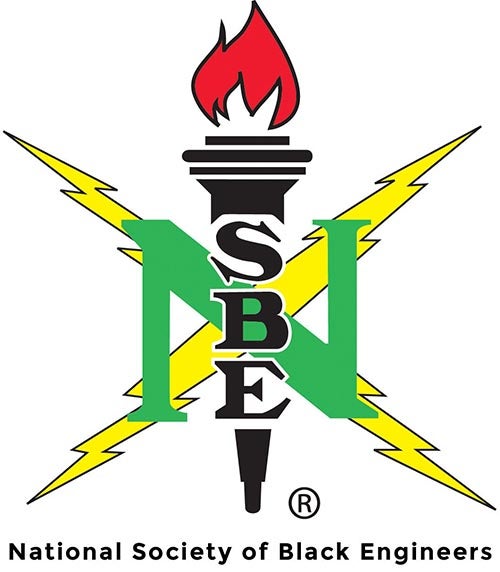
Eligibility:
Anyone interested in STEM fields, including students pursuing engineering, engineering technology, or other STEM degrees, this also includes undergraduate and graduate students, professionals in technical fields, and even K-12 students through the NSBE Jr. program.
Mission:
NSBE’s mission is “to increase the number of culturally responsible Black engineers who excel academically, succeed professionally and positively impact the community.”
Vision:
“We envision a world in which engineering is a mainstream word in homes and communities of color, and all Black students can envision themselves as engineers. In this world, Blacks exceed parity in entering engineering fields, earning degrees, and succeeding professionally.”
Core Values:
NSBE is based on the core values of academic excellence, professional development, community engagement, and family.
Membership:
Any time. During your academic career, K-12, to employment or business ownership. Membership in NSBE brings a wealth of benefits, empowering those who join us, and uplifting the communities we serve.
Why Become a Member:
Becoming an NSBE member is beneficial because it provides a supportive community for Black engineers and STEM professionals, offering access to networking opportunities, career development resources, mentorship, leadership training, community outreach initiatives, and a platform to advocate for increased Black representation in the engineering field; essentially helping you build your professional network, enhance your skills, and contribute to positive change within the industry.
Affiliations/Chapters:
With more than 700 chapters and nearly 24,000 active members in the U.S. and abroad, NSBE is one of the largest student-governed organizations based in the United States.
Professional Development/Leadership Opportunities:
All happen yearly, as well as smaller regional events
- NSBE Annual Convections
- Fall Regional Conferences
- Professional Development Conferences
- National Leadership Conferences
Events:
- Breaking Barriers
- Bridging Dreams: The Black STEM Experience
- Design-Build Competition
Advisors:
Charles “Chuck” Watson
Assistant Dean
College of Engineering: Diversity Equity & Inclusion
Dr. Christopher Hunter
Associate Professor
College of Engineering: Civil and Environmental Engineering
Contact Information:
E-Mail: president.uri.nsbe@gmail.com
Social Media:
Instagram: https://www.instagram.com/nsbeuri/?hl=en
Discord: https://discord.gg/ERwEB8cACj
LinkedIn: https://www.linkedin.com/in/nsbe-uri-6646991b5/
